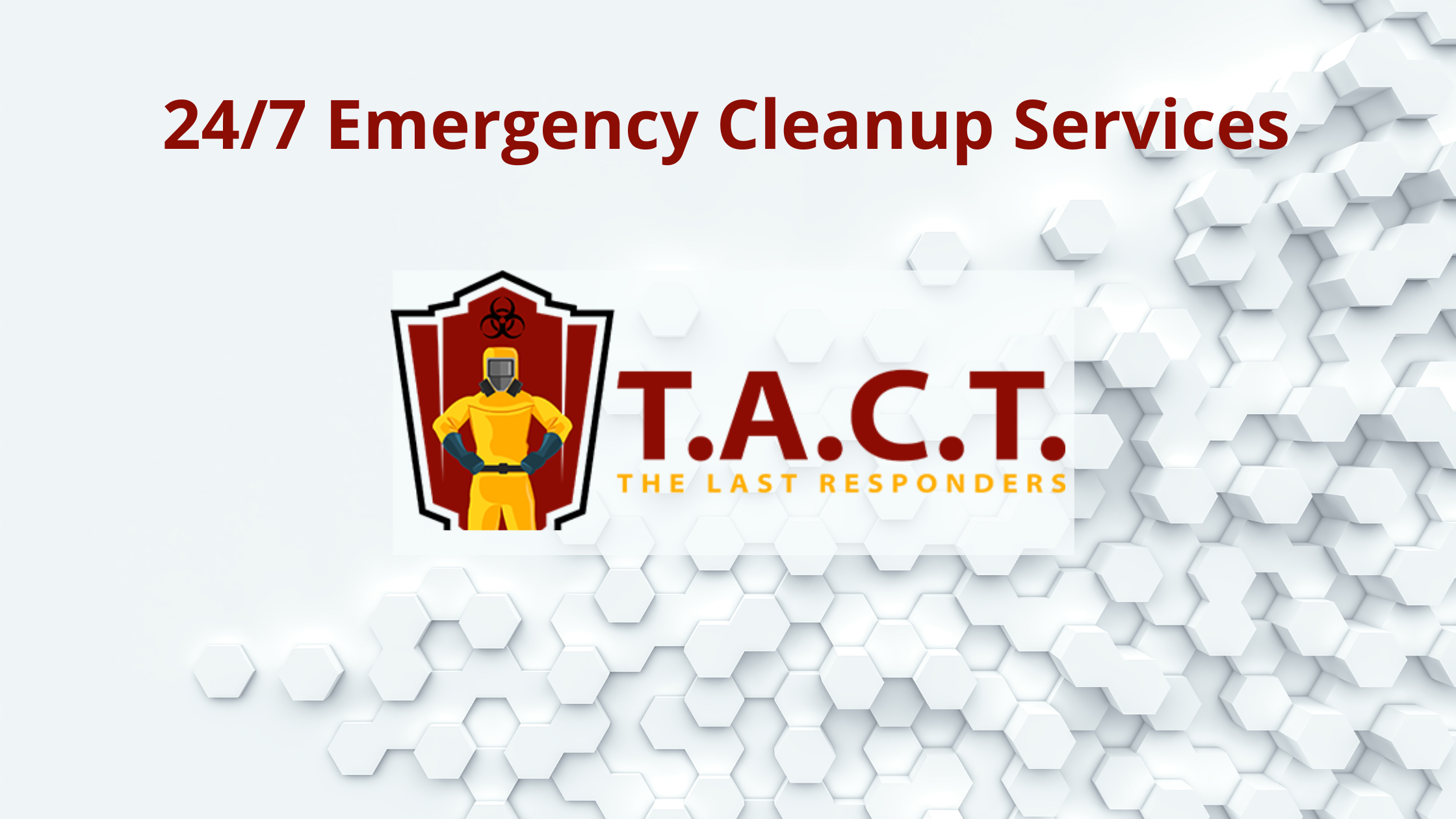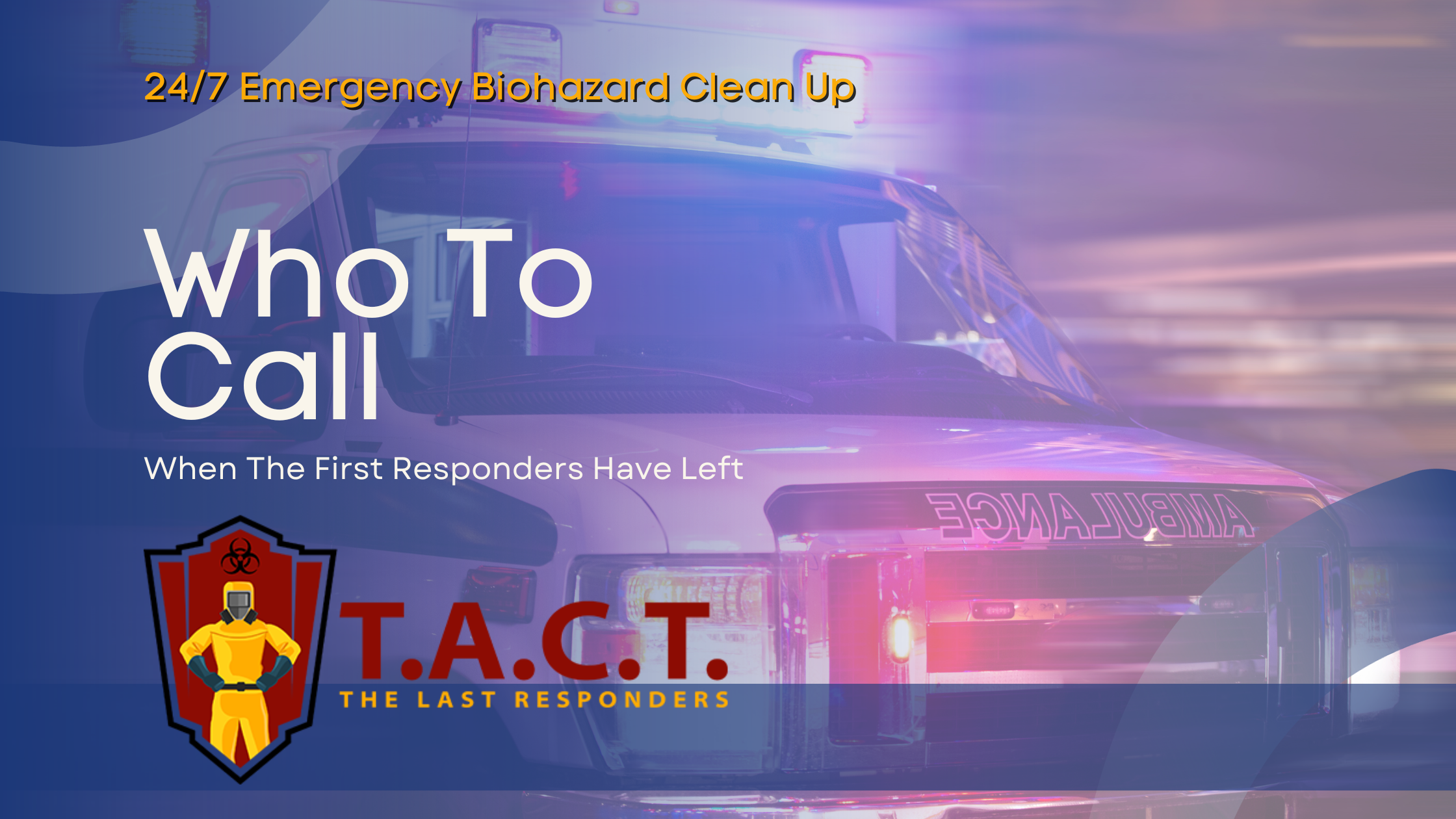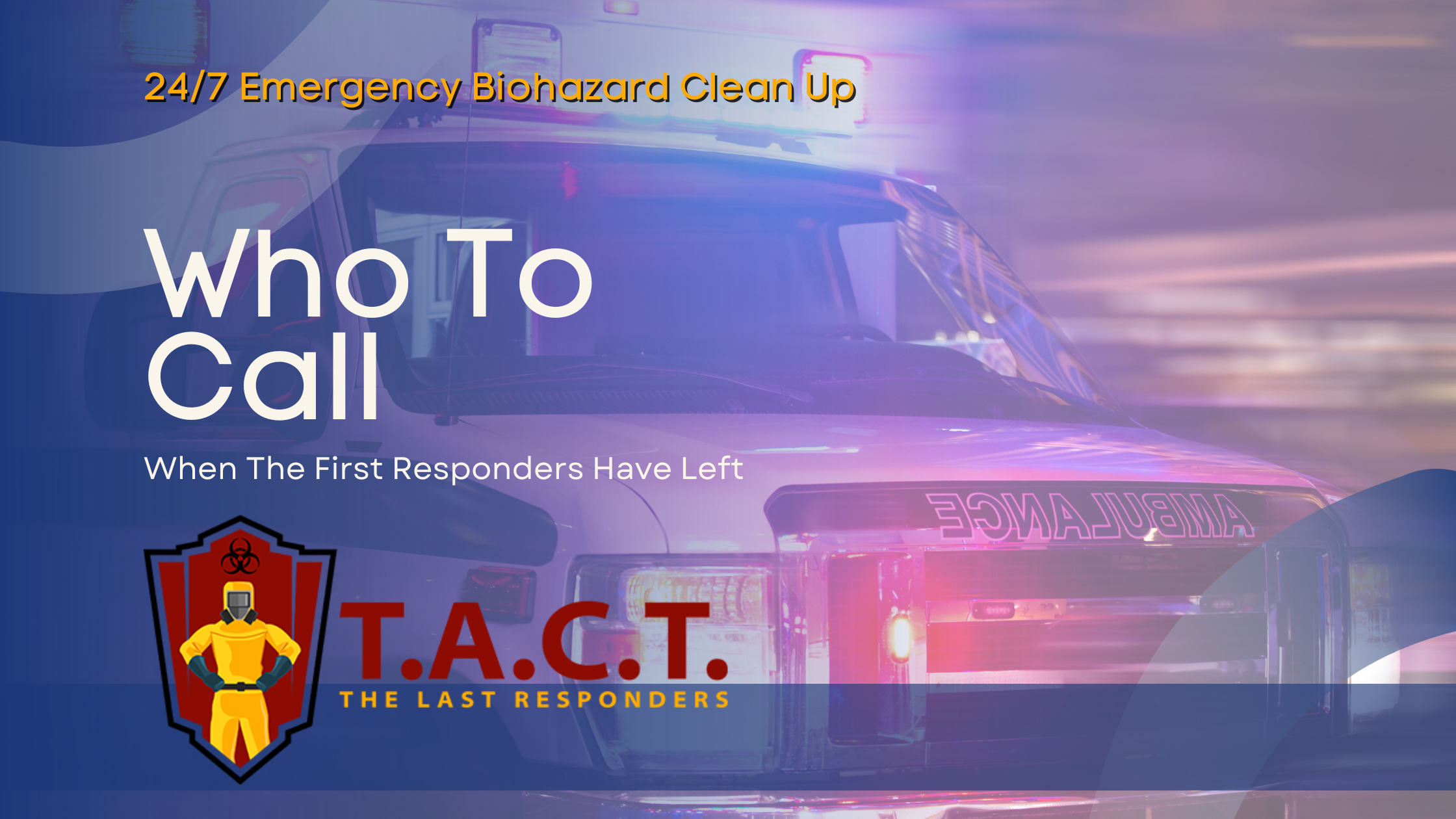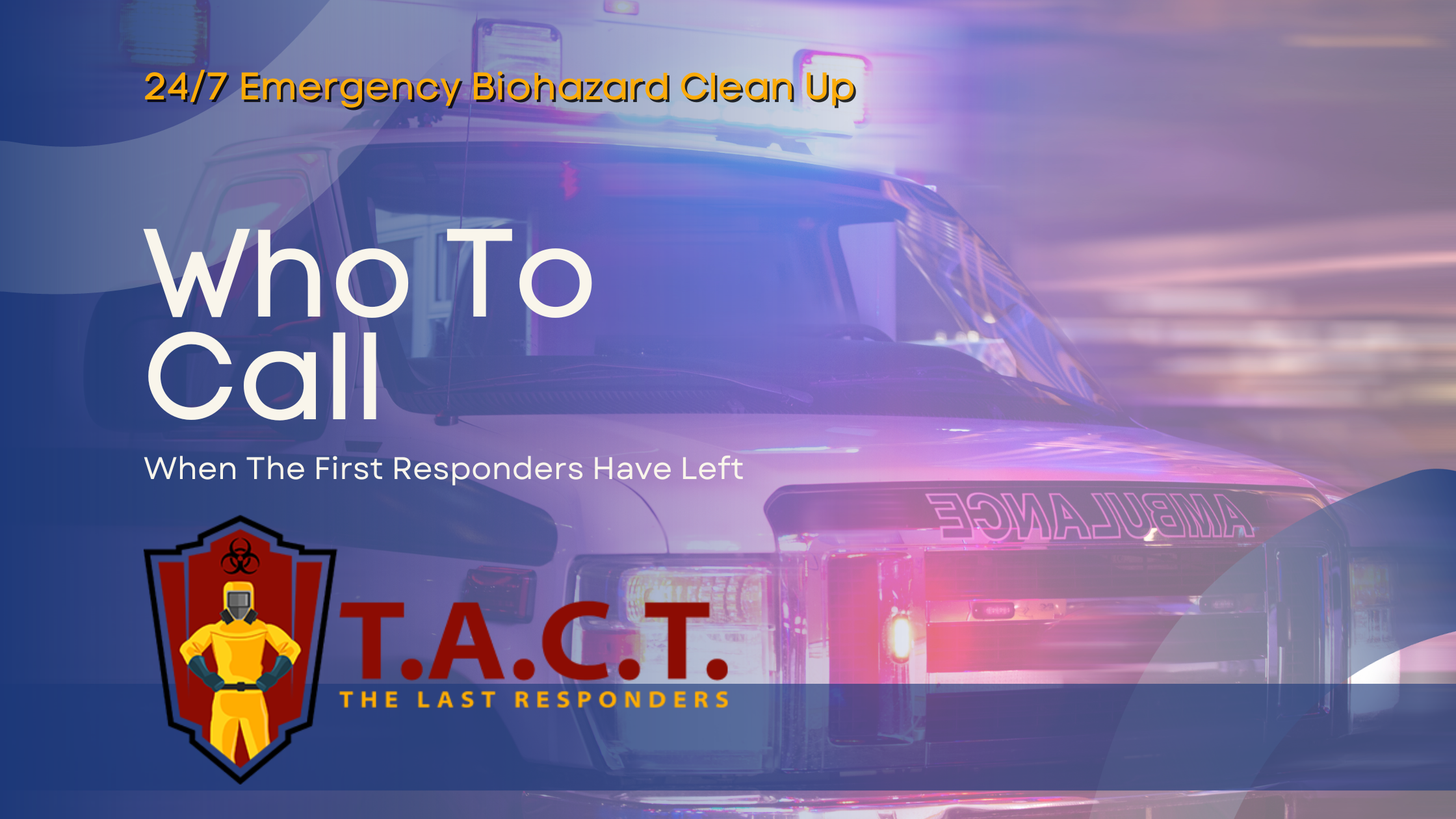What You Need to Know About Biohazard Vehicles

What is a Biohazard Vehicle?
What is a Biohazard Vehicle: What You Need to Know
Introduction
This article provides a comprehensive overview of biohazard vehicles—what they are, why they matter, and the unique risks and responsibilities they present. Whether you are a potential buyer, a seller, or simply interested in vehicle safety and compliance, understanding biohazard vehicles is crucial. We’ll cover the definition of a biohazard vehicle, the risks and contaminants involved, environmental and legal considerations, the cleanup process, and what to look for when buying or selling such vehicles. By the end, you’ll be equipped with the knowledge needed to make informed decisions and prioritize safety when dealing with biohazard vehicles.
Understanding Car Biohazard Vehicles
A biohazard vehicle is an auto exposed to biological contaminants occurring due to accidents, unattended deaths, suicide, or other incidents.
What are Biohazard Vehicles?
A biohazard vehicle is an auto exposed to biological contaminants occurring due to accidents, unattended deaths, suicide, or other incidents. Vehicles that have been involved in accidents or criminal activities and exposed to biological contaminants are known as biohazard cars. When addressing biohazard vehicles, we are talking about more than just a car in need of a good cleaning. These vehicles have been exposed to hazardous materials like blood, bodily fluids, feces, or even human remains, similar to the contamination encountered during crime scene cleaning and biohazard remediation. Vehicles contaminated with biological materials are classified as biohazard cars. Such cases might arise from various incidents, including accidents, crimes, unattended deaths, suicide, or homicide. Left unaddressed, these contaminants pose serious health risks, both to occupants of the vehicle and individuals handling it improperly.
Public auto auctions often list biohazard vehicles at significant discounts, tempting buyers with the potential for a great deal. An auction house is a common venue where biohazard cars are sold, and they play a key role in facilitating the sale of these specialized or damaged vehicles. Auction houses may require proper disclosure of the car's past and cleanup procedures before resale to ensure buyer safety and legal compliance. However, these vehicles require specialized cleanup and come with unique risks. Understanding the significance of a biohazard designation is essential, as it refers to the biohazard classification assigned to vehicles contaminated by biological hazards, which impacts safety, legal requirements, and resale value. When considering a purchase, reviewing the car’s history, car’s past, and vehicle’s history is important to ensure full awareness of any past incidents involving contamination, such as injury or suicide, that may have led to biohazard classification. Understanding the vehicle’s condition is crucial before committing to a purchase.
The Risks and Contaminants in Biohazard Vehicles
What Are the Risks?
Biohazard vehicles carry a myriad of health dangers. These include exposure to bloodborne pathogens, harmful biological contaminants, and other hazardous materials. Improper cleanup could lead to illnesses, environmental damage, and long-term vehicle damage. Hidden contamination may result in costly repairs and ongoing safety concerns, as issues like corrosion or electrical damage can surface over time. Ensuring the vehicle's safety through proper remediation, certification, and inspection is essential to address these risks.
Some specific risks include:
Bloodborne Pathogens (e.g., HIV, Hepatitis)
Human or Animal Tissue (carries bacteria or disease)
Residues from industrial cleaners or waste (chemical hazards)
Hidden Dangers
Biohazard vehicles often harbor contaminants that aren't immediately visible. These can seep into porous upholstery, hide within the ventilation system or ventilation systems, affect electrical systems, or even seep into the seams of the structural framework. Addressing these hidden threats requires meticulous cleaning, highlighting the importance of professional biohazard cleanup services.. An initial inspection is crucial to identify contamination in hard-to-reach areas, including ventilation systems and electrical components, to prevent long-term damage and health risks.
Environmental Considerations
When buying a biohazard car, it's important to recognize the environmental responsibilities that come with such a purchase. Biohazard vehicles often contain hazardous materials like bodily fluids, human tissue, or other bodily fluids that, if not handled correctly, can contaminate the environment and pose risks to human health. Improper disposal of these substances can lead to soil and water pollution, affecting both people and local ecosystems.
A thorough biohazard cleanup is essential to prevent these environmental hazards.. Professional teams use industrial-grade cleaners and specialized tools to ensure that all traces of hazardous materials—including hidden dangers like animal waste or other hazardous materials—are safely removed. This meticulous cleanup process not only protects the environment but also ensures the vehicle is safe for future use.
Understanding the different types of biohazard vehicles and their specific environmental considerations can help buyers make informed decisions. Whether the contamination stems from a crime scene, accident, or unattended death, each scenario requires a tailored approach to cleanup and disposal. By prioritizing professional biohazard cleanup and proper disposal methods, buyers can help safeguard both human health and the environment when purchasing a biohazard car.
Safety Precautions
Safety should be the top priority when considering the purchase of a biohazard car, and partnering with expert hazmat cleaning services can be critical to managing those risks.. These vehicles can harbor dangerous substances, including bloodborne pathogens that are transmitted through contact with contaminated bodily fluids. To minimize potential health risks, it's crucial to confirm that the biohazard vehicle has undergone proper decontamination, with special attention paid to the ventilation system and any surfaces exposed to hazardous materials.
Before finalizing a purchase, arrange for a professional inspection to identify any lingering contaminated materials or evidence of improper disposal. This step is vital for uncovering hidden hazards that may not be immediately apparent. Additionally, researching the car's history will help you understand the exact circumstances of the biohazard incident, ensuring that all necessary safety protocols have been followed during the cleanup process.
Thorough cleaning and professional biohazard cleaning services are non-negotiable for restoring a biohazard vehicle to a safe condition. It's also wise to consult your insurance provider, as not all insurance companies cover biohazard cleaning or related repairs. By taking these safety precautions, buyers can reduce the risks associated with buying a biohazard vehicle and ensure a safer, more secure investment.
Buying a Biohazard Vehicle
Considerations for Buyers
Purchasing a biohazard vehicle requires diligent research and careful planning. First, verify the vehicle's history, available through a Vehicle Identification Number (VIN) report, and check for any biohazard incidents or a possible biohazard title. Learn the type of biohazard incident it has been involved in and assess the level of contamination.
Work with a reputable seller who provides transparency about the vehicle's condition and history. Full disclosure is essential, especially regarding any biohazard title, to ensure legal compliance, prevent future liabilities, and protect resale value. Additionally, factor in the cost of professional cleanup services and the potential impact on resale value before committing.
Working with Professionals
Engaging specialized cleanup teams with professional training ensures the hazardous materials are handled properly, so evaluate key qualities to look for in a biohazard company before choosing a provider.. They use industrial-grade chemicals, tools, and time-tested techniques for comprehensive decontamination. The remediation process involves specialized methods and strict adherence to safety standards, with proper cleaning procedures, documentation, and certification to guarantee safety and compliance after biological contamination incidents. While the process requires additional investment, it protects both the buyer and future vehicle occupants.
Auctions and Sales: Where Biohazard Vehicles Are Found
Biohazard vehicles frequently appear at car auctions, often attracting attention with their significantly reduced prices. These vehicles may have been involved in accidents, suicides, or other incidents that resulted in exposure to bodily fluids, human tissue, or hazardous materials. While the prospect of securing a used car at a great price can be tempting, it’s essential to recognize the safety concerns and health risks associated with a biohazard vehicle’s history.
Auction houses are required to provide full disclosure regarding any biohazard incidents or suspected contamination, but buyers should always exercise due diligence. This means thoroughly reviewing the vehicle’s history for any mention of contamination, chemical exposure, or biological contaminants. Vehicles with salvage titles are especially important to scrutinize, as they may have been exposed to dangerous substances or chemical contamination that isn’t immediately visible.
Hidden dangers can lurk in porous materials like upholstery, carpeting, and even within the car’s ventilation system. Detecting these contaminants often requires specialized equipment and a professional inspection to ensure that all hazardous materials have been identified. Without proper assessment, buyers risk inheriting a vehicle with lingering contaminants that could pose ongoing health risks.
When considering a purchase at auction, always factor in the potential costs of professional cleaning and remediation. A biohazard vehicle may seem like a good deal at first glance, but the price should reflect the need for comprehensive cleanup and the possibility of future safety concerns. By prioritizing transparency, professional inspection, and full disclosure, buyers can better protect themselves from the hidden dangers associated with biohazard vehicles.
Cleanup and Decontamination
What Does Biohazard Cleaning Entail?
Professional biohazard cleaning includes:
Removal and proper disposal of hazardous materials.
Industrial-strength sanitization of both visible and hidden surfaces.
Air quality restoration, ensuring the ventilation system is free of contaminants.
Professional cleaners are equipped with personal protective equipment (PPE) and trained extensively in handling biohazards safely, and comprehensive emergency biohazard and trauma cleanup services help ensure that remediation meets strict safety standards.. This ensures compliance with environmental and health regulations, reducing liability for vehicle owners.
The Cost of Cleanup
The cleanup costs can vary depending on the extent of the contamination. Generally, cleaning a biohazard vehicleincludes removing upholstery, replacing components, and extensive sanitizing efforts. Even at a higher cost, professional cleanup is non-negotiable for ensuring safety.
The Biohazard Designation
This designation, known as a vehicle's biohazard status, indicates exposure to hazardous materials and has important implications for disclosure requirements during sale, insurance, and registration. It marks the vehicle for cleanup and informs buyers, sellers, and insurers about potential risks.
Factors impacted by this designation include resale pricing and insurance coverage. Legal and regulatory issues must be considered, as compliance with specific laws regarding the sale, purchase, and decontamination of biohazard vehicles is required. While such vehicles may be available at a lower price, their resale potential and insurability often require proof of professional cleanup to maintain value.
Understanding the biohazard designation ensures informed purchasing decisions and better prepares buyers for unique challenges.
Air Quality Concerns
Why Air Quality Matters
Often overlooked, the air quality within a biohazard vehicle is critical. Biological contaminants like mold and bacteria can settle in the ventilation system, spreading and posing health risks to future occupants.
Professional cleaning and sanitization of the HVAC system are essential parts of the biohazard cleanup process to ensure the vehicle is fully restored to a safe condition.
Navigating Insurance and Legal Regulations
Insurance and Compliance
Insurance companies often require verification of professional emergency biohazard cleanup before offering coverage.. Policies may provide help with cleanup costs, but these specifics vary between insurers.
Additionally, buyers and sellers must adhere to environmental regulations governing the disposal of contaminated materials. Violating these guidelines leads to penalties and public health risks, further emphasizing the need for specialized professionals.
Resale and Valuation
Market Value Considerations
The resale value of a biohazard vehicle is influenced by its designation and condition. Transparency around cleanup and the status of contamination heavily impacts pricing and buyer trust.
Engaging a reputable biohazard company for professional cleanup services and obtaining inspection reports improves the ease and success of resale.. Buyers are more likely to trust vehicles with documented cleanup and restoration efforts.
Certification and Assurance After Cleanup
After a biohazard incident, ensuring that a vehicle is truly safe for its new owner requires more than just a surface cleaning. Professional cleaning and certification are essential steps in restoring a biohazard automobile to a safe, usable condition. Trained specialists use specialized equipment and hazardous waste disposal methods to remove all traces of blood, bodily fluids, and other contaminants, addressing both visible and hidden biological risks.
Certification from a reputable organization provides assurance that the vehicle has undergone thorough decontamination and meets strict safety standards. This process typically includes a detailed inspection of the car’s history, covering any accidents, deaths, or other incidents that may have exposed it to biological contaminants or dangerous pathogens. Certification not only protects the new owner from health risks such as harmful bacteria, but also supports the vehicle’s resale value and can be a requirement for insurance coverage.
For buyers, requesting proof of professional cleaning and certification is a critical part of due diligence when purchasing a used car with a biohazard history. Sellers, in turn, must comply with specific laws and regulations, providing full disclosure of any contamination and ensuring that all cleanup and disposal procedures have been properly documented. This transparency helps protect both parties from future liability and ensures that the vehicle is safe for its next chapter.
By prioritizing certification and professional assurance, buyers and sellers can confidently navigate the complexities of biohazard vehicles, securing a good deal while safeguarding health and safety.
Final Thoughts: Proceed with Caution, Invest in Safety
Biohazard vehicles may seem like an opportunity for savings, but they come with significant risks requiring proper management. Buyers must approach these transactions with caution, conducting thorough research, working with reputable sellers, and investing in professional cleanup services to ensure safety.
By following these steps and, when needed, relying on emergency biohazard, trauma, and infectious disease cleaning services, potential buyers can transform biohazard vehicles into safe, functional, and even profitable assets.. Whether you are buying, cleaning, or selling, always prioritize health, safety, and compliance.
If you're in need of expert biohazard cleanup services or 24/7 emergency biohazard, hoarding, and crime scene cleaningor professional consultations, T.A.C.T. North Atlanta is ready to assist.. Contact us today to ensure your biohazard vehicle is managed with care and expertise.
Meta Data
Meta Title
What You Need to Know About Biohazard Vehicles
Meta Description
What's a biohazard vehicle? Learn the risks, cleanup process, and how to safely buy, sell, or restore them without compromising safety or compliance.



